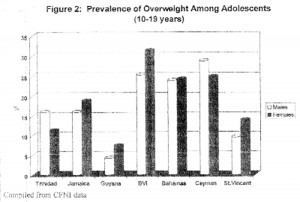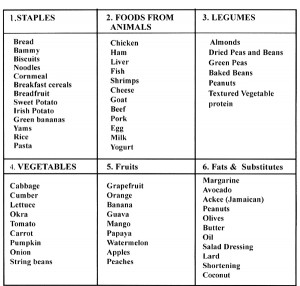March 15: World Consumer Rights Day. We have to keep in mind the eight rights as recognized by Consumers International. There is a tendency to forget them or to feel that they are not important. The mini-bus drivers who delight in speeding surely do not think that their passengers are entitled to safety, which is listed as the first right.
The others are:
The right to be informed
The right to choose
The right to be heard
The right to satisfaction of basic needs
The right to redress
The right to education
The right to a healthy environment
 Last year Consumers International (CI) chose as its theme ‘Lunchbox Challenge,’ highlighting the dangers of junk food. The campaign was so successful that CI decided to continue exposure of the Junk Food Generation this year with the ultimate goal of recommending to the World Health Organisation an international code on the marketing of foods and non-alcoholic beverages to children.
Last year Consumers International (CI) chose as its theme ‘Lunchbox Challenge,’ highlighting the dangers of junk food. The campaign was so successful that CI decided to continue exposure of the Junk Food Generation this year with the ultimate goal of recommending to the World Health Organisation an international code on the marketing of foods and non-alcoholic beverages to children.
CI gives the background to this goal:
The six food groups

“Agreement was reached by member States at the Sixtieth World Health Assembly in 2007 for the World Health Organization (WHO) to ‘develop a set of recommendations on marketing of foods and non-alcoholic beverages to children’ as part of the implementation of the global strategy on the prevention and control of non-communicable diseases (NCDs).
“This document sets out a proposed approach for this set of recommendations in the form of an international Code of Marketing based on the experience of the membership of Consumers International and the International Obesity Task and Force.
“Consumers International (CI) is the global federation of consumer organizations with over 220 member organizations in 115 countries from all regions of the world. These proposals are based on a global consultation of CI’s membership.
“The International Obesity Task Force (IOTF) is the policy section of the International Association for the Study of Obesity, which has over 10,000 members in more than 50 countries and regional associations around the world. These proposals take account of the IOTF’s Sydney Principles; develop with the aim of achieving a high level of protection for children against the commercial promotion of foods and beverages.”
Junk food is food rich in oil, sugar or salt. Junk food leads to obesity, diabetes, and hypertension. Guyana does not have a serious junk food problem among children. CAJANUS, the Caribbean Food & Nutrition Quarterly, Vol. 34 No. 3, 2001 carries a graph illustrating the prevalence of ‘overweight’ among adolescents, and Guyana has the least. See below.
The story of junk food would not be complete without a list of healthy foods. It is the method of cooking that matters. In my youth we were only allowed to eat food cooked in the home.
Restaurant food is now popular and therein lies the danger. Given below is a list of the six food groups.










